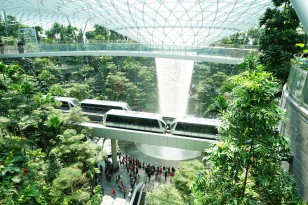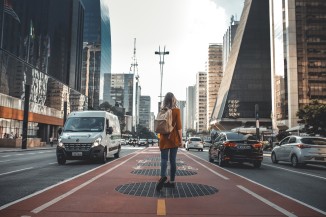Blog / Leadership & Transformation
Urban Resilience and Sustainability: a path for Lagos' transformation
Categories
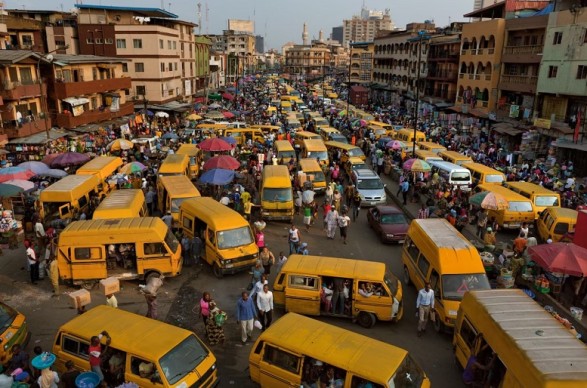
By the year 2100, the population in Africa is projected to reach unprecedented levels, signaling a demographic shift unparalleled in history, particularly as the 'old continent' witnesses a continual decline in the age demographic. This demographic transformation necessitates a heightened allocation of resources, infrastructure development, and scientific advancement to effectively support the burgeoning population and drive social and economic progress.
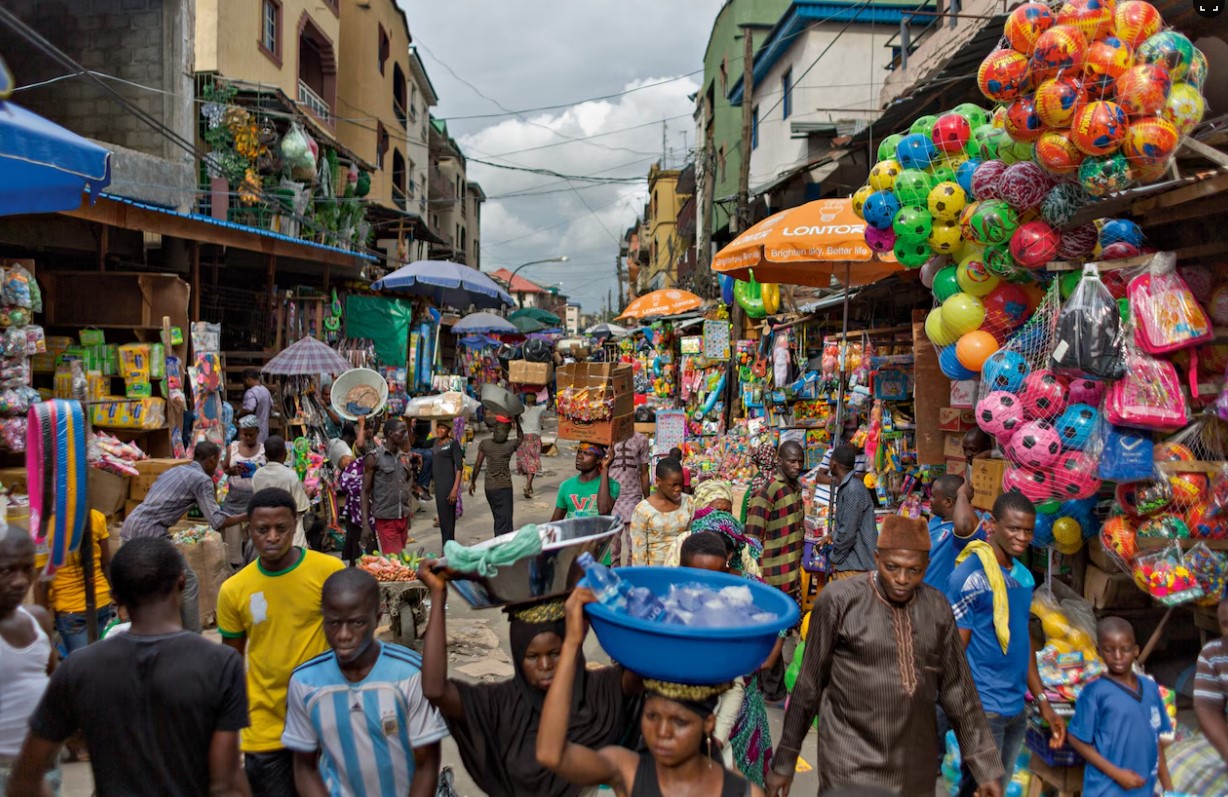
Delving into the pressing issues that have pervaded the African continent in recent years, it becomes evident that there exists a substantial array of challenges that demand immediate attention. Foremost among these challenges is the dire need to address the deficiencies in essential infrastructure, particularly in rural areas where populations still grapple with inadequate living conditions. Hence, the central challenge lies in harmonizing advancements in urban centres while concurrently addressing the plight of underprivileged communities affected by poverty.
The life expectancy in Nigeria, currently standing at around 54.5 years, reflects a myriad of challenges common to many developing countries, which either contribute to its increase or impede progress. Factors such as sanitation, solid waste management, the burden of diseases, and pollution are pivotal in shaping health outcomes. Effective management of urbanization serves as a significant KPI for social and health development within a country, necessitating heightened legislation and investment in this realm. Furthermore, public participation must be integrated into the decision-making process to ensure the inclusivity and responsiveness of urban planning initiatives. It is crucial to contextualize these discussions within Nigeria's historical framework as a former British colony, gaining independence in 1960. This historical context sheds light on the prevailing lack of investment and the persistent efforts to align with an Anglo-Saxon model, which may not always be conducive to addressing the unique challenges faced by the region.
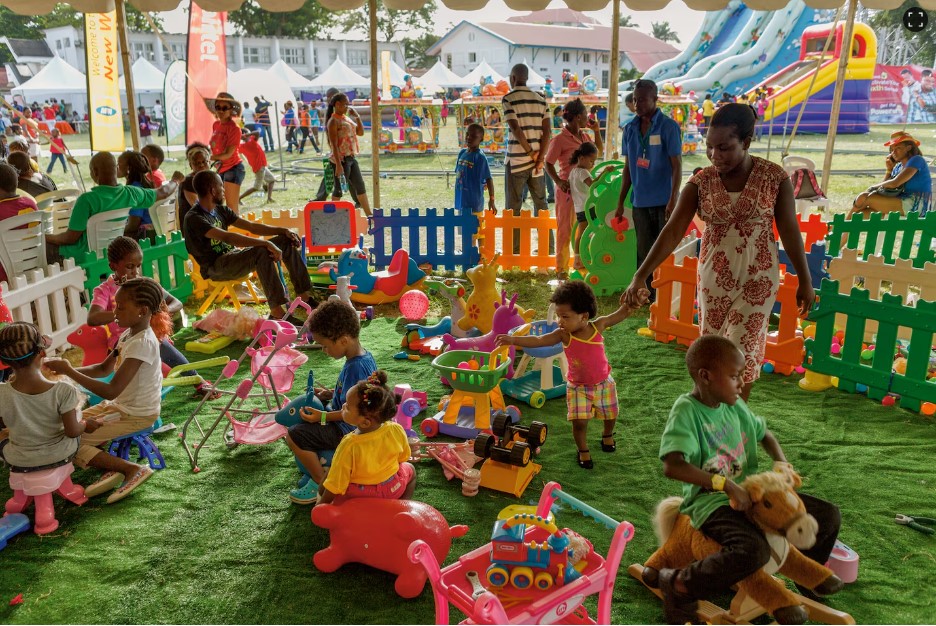

Strategic Visions for Inclusive Urban Growth
After discussing the main problems, let’s delve into some solutions we can propose to attempt to "plan the unplanned" and to develop a holistic vision of urban development in Lagos through similar regions.
Climate change and its impacts pose an urgent and pressing challenge. To effectively address this issue, we must implement adaptive strategies and adopt a collaborative approach that engages communities. This entails not only working for people but also working alongside them. A critical aspect involves persuading communities that certain areas are no longer habitable or safe for human habitation, particularly considering the risk of disasters resulting from rising temperatures. This is particularly pertinent in the context of Lagos, where a significant portion of the population resides in close proximity to polluted water bodies. Urgent relocation efforts are imperative to mitigate the risks posed by climate change-induced disasters and reduce the vulnerability of communities.
To effectively address sustainability and foster the creation of a healthy city with thriving inhabitants, it is imperative to recognize the interconnectedness of all aspects within a cyclical framework. The generation of waste, stemming from factors such as inadequate packaging, lack of governmental guidance, or ingrained cultural practices, contributes to the emission of methane and CO2, consequently exacerbating temperature increases. Mitigating this requires a concerted effort to reduce and manage waste, including food waste, by implementing best practices. Additionally, initiatives such as reconnecting cities with rural areas can unlock opportunities to promote sustainable agriculture and encourage healthier habits, thereby fostering holistic sustainability and community well-being.
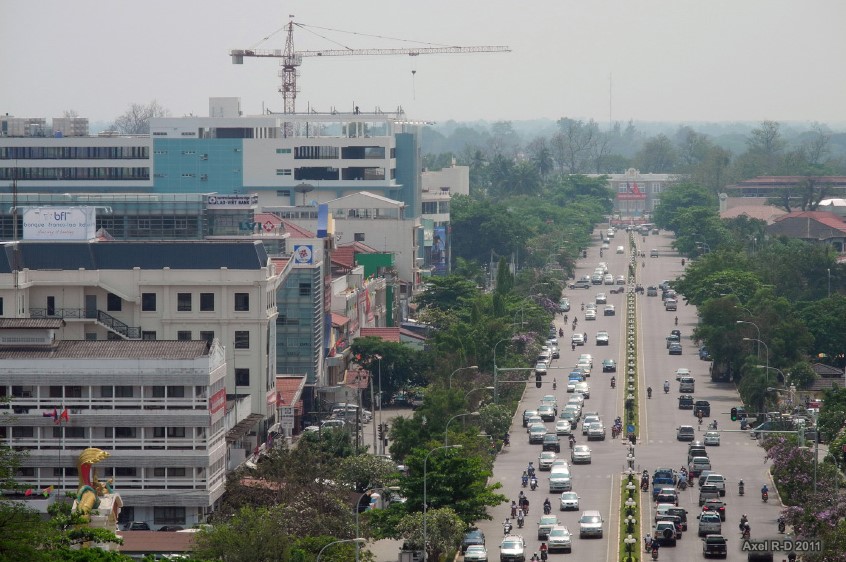
In light of the transition from rural to urban landscapes, it becomes imperative to prioritize investment and implement new policies that bolster mass transit and public transportation systems. Electrified mobility emerges as a compelling solution, promising enhanced air quality, diminished emissions, and decreased noise pollution. Whether in Lagos or any other urban center, the emphasis should be on diversifying transportation options, steering away from overreliance on cars, and carving out space for green areas within cities. This entails promoting walking, cycling, and public transport, fostering healthier and more sustainable urban environments. Presently, numerous technological initiatives are underway, harnessing data to offer innovative services such as bike and scooter-sharing programs.
We acknowledge that all these efforts are interlinked with the enhancement of various aspects of well-being, with safety in urban environments being of paramount importance. The global experience highlights a concerning trend of escalating violence in urban areas, often correlating directly with the poverty levels of the population. Therefore, it becomes imperative to strategize methods to enhance safety with a comprehensive, inclusive perspective. Design, in this regard, assumes a pivotal role in mitigating these "hot spots" of violence and ensuring urban safety. This necessitates a multifaceted approach that not only addresses physical safety but also fosters education on violence prevention and discrimination, thus cultivating a safer and more inclusive urban environment for all.
In conclusion, we can state that the challenge is not easy but, once we identify all these gaps, and with the support of the government, local and international initiatives, it’s possible to design a different future for Lagos and other cities. A Future where people can improve their expectations of life, well well-being in a sustainable way.


